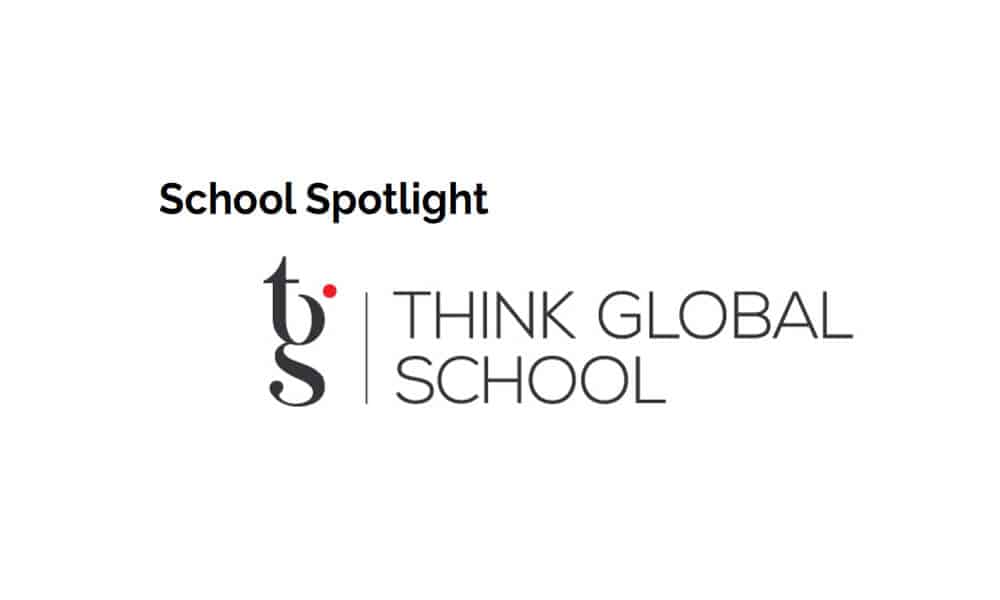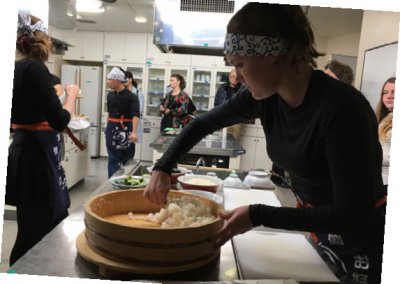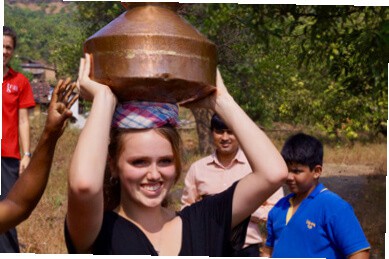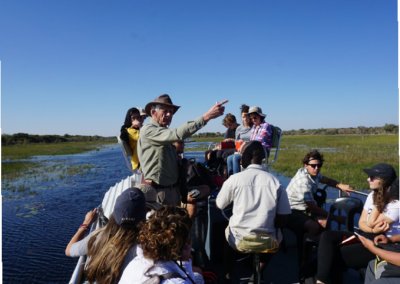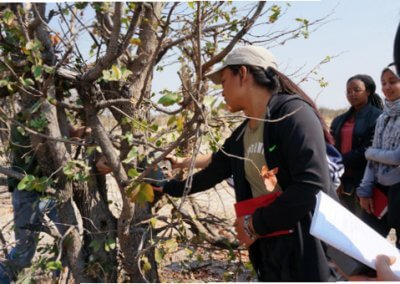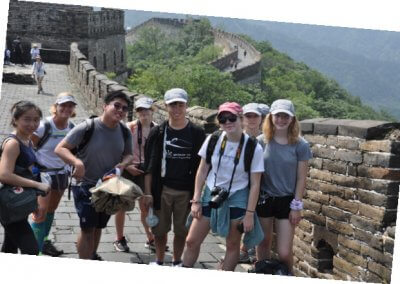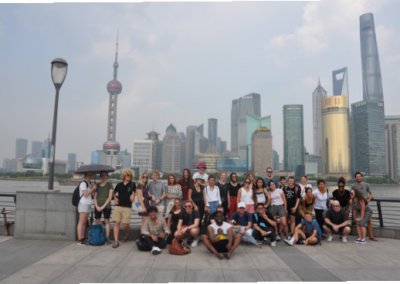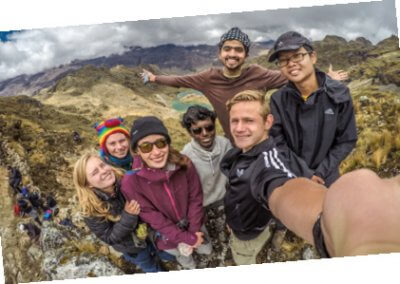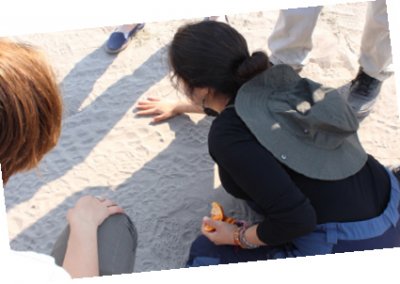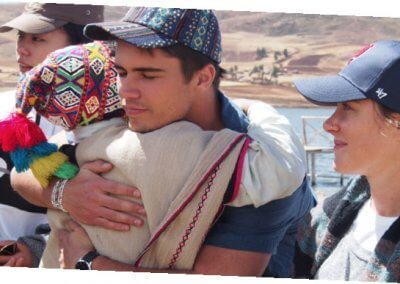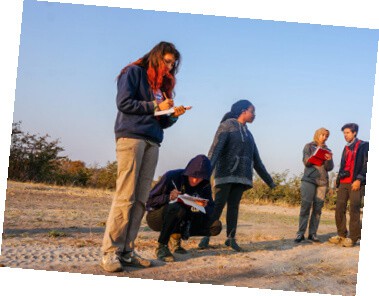About the school
THINK Global School (TGS), widely known as “the traveling school”, conducts their classes within 4 different countries in a given school year. TGS started out in 2010, kicking off its initial program in Sweden with 15 students from 11 nationalities. Due to high interest from both applicants and teachers, the school has now increased its size and number of programs. Each program consists of 30 students in grades 10-12 accompanied by 10 teachers.
Can you tell us about the daily life for students at TGS?
There are two typical types of days at TGS.
The first type of day closely resembles a traditional school day. Students wake up, go to class, have lunch, attend more classes and engage in extracurricular activities after school.
The second type of day is atypical. Because students choose which structured projects they want to pursue in each country, as well as complete a required independent project of their choosing, there are many days where they need to be out of the classroom. Students may need to explore the city to conduct interviews, complete experiments, collect samples, visit museums or historical sites and more.
What type of curriculum do you run at TGS?
We run the Advanced Placement (AP) curriculum and we deliver it via project-based learning.
This means that instead of our classes being formed around a subject area (math, science, history etc.) they are formed around a specific question or theme. Students earn their credits through completing those projects that encompass multiple subjects. One example for a project-based class is a theme we run in India called From Zero to Infinity. In this project, students learn about the history of ‘zero’ and how this was developed in India among other cultures. They tackle mathematical concepts and photograph mathematically-based architecture in Mumbai as an art component. Then finally, they apply English-based writing principles when completing the report component of their project.
With such a high number of applicants and limited spots, what criteria do you focus on when admitting students?
Using a specific set of criteria, our focus is to find the students that best fit the program’s culture first, then figure out a way to make the tuition costs work for them. Financial means play no part in identifying the ideal applicant.
Our process begins with the OpenApply application – This involves:
- Questionnaires for students and parents
- Current and past Grade Reports
- Emotional Quotient Inventory, Youth Version
- English and Math Teacher recommendations
A student’s emotional intelligence is one of the most important admission criteria.
As you may expect, our ideal student is typically more mature than the average child for their age. We want to identify things like resilience, strong emotional foundation, adaptability, empathy, ability to manage stress and changing conditions, global curiosity and more. The results of our EQI correlate strongly to student success at our school so we put a lot of weight on this step of the process.
In addition, we ask parents several questions on the application form as well. For example:
- Why do you want your child to come to this school?
- What do you think will be your child’s main challenges?
We need our parents to be highly involved and supportive. They are sending their child to a program that is amazing and interesting but also very trying. There are many challenges that come with being away from home and learning in a new place so parent support is imperative to student success.
Is your goal within the admissions office to expand to more programs?
At the moment, TGS is running 2 programs concurrently with different itineraries. We are a non-profit organization and due to the high tuition rate, we work hard to supplement tuition to our students when we can.
While we hope to expand to accommodate more applicants if possible, our priority is to operate in the interest of our foundation and the students and families that are a part of our Program.
What is one of the main objections you usually address during the admissions process?
Safety is usually the number one concern we hear. We take several measures during the planning process of our program to ensure the safety of our students and staff. We vet each host country extensively for safety and security considerations, and do everything possible to mitigate risks in each location. In addition, we partner with International SOS, a top medical and travel security assistance company, to provide up-to-the-minute research about safety within our host countries.
We also hire a local host city specialist to advise us on several details including the best place to live while there, what parameters do we give the students for which neighborhoods to go to and things of that nature. They also help us on the administrative side with contracts and paperwork and brief the students during their initial orientation for that specific city.
As far as day-to-day, we ensure the students are always connected to the school. We issue iPhones for students to have on them at all times. We have a program on the phone developed by one of our students that serves as a check-in/check-out tool so we know the location of our students during certain hours of the day. We also maintain typical boarding school rules and practices to further track student whereabouts.
What type of marketing efforts do you conduct to attract applicants?
Our biggest referral source comes from word of mouth through our previous or current students, parents and teachers.
We will engage in more targeted marketing, typically through social media, if there is a specific area that we wish to gain more applicants from.
We also attend international expos and fairs to further engage potential applicants.
Since your school accommodates grades 10-12, do you typically have students or parents filling out the application?
Actually, we ask this question right on our inquiry form and have a tag setup in OpenApply to track this data. It appears that most of the time, parents are the ones inquiring to TGS. We have question sets for both students and parents to complete.
Without a fixed campus, do you still provide tours in order to give parents a better understanding of school life?
If a family is close enough to our current campus at the time they are applying, we encourage them to visit us for a full tour and to gain insights into TGS and school life.
A typical day for a visiting family will include meeting with the head of school and interacting with current students. Student representatives will take the applicant with them from class to class so they can experience the daily life and the family can have lunch with everyone to get a better sense of the culture.
For people who cannot visit us in person when applying, we develop useful content using social media, blogs and videos to give applicants a better idea of what to expect at TGS.
Is there a certain mix of backgrounds or demographics you strive to achieve when admitting students?
We do not have any type of numerical target when it comes to admitting applicants but we strive to ensure that we stay in line with the vision of our founder, Joann McPike. The vision here embodies the belief that If you meet someone from another culture and become friends with that person when you are young, you will generally see them and people from that culture as friends moving forward.
We wish to foster this type of thinking by including as many students from as many different backgrounds
as possible to encourage global friendship.
How does OpenApply assist your specific needs in achieving your admissions objectives?
We are extremely happy with OpenApply and the flexibility it provides us. Every time we talk to Tom and ask if the system can do something, he either responds with “yes” and shows us how to do it or if it cannot be done exactly how we envisioned, he will give us three other ways to achieve what we were looking for.
Furthermore, the international nature of OpenApply is crucial for our organization. Previously, we were dealing with systems that didn’t even have a place for a country code for the phone number. We must have an intercultural process that accommodates all families across the globe and this is a main factor that led to us choosing OpenApply.
Another huge plus that we have learned since we adopted the system has been the customer service. We cannot say enough good things about the interactions we have had with the OpenApply team. Every person we have encountered at any level within the company has been helpful, responsive, fast and has provided an outstanding experience for us here at THINK Global.















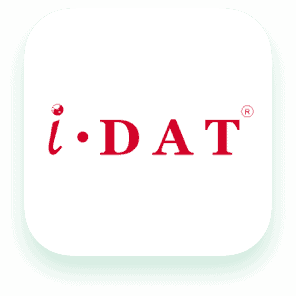
 All Services
All Services